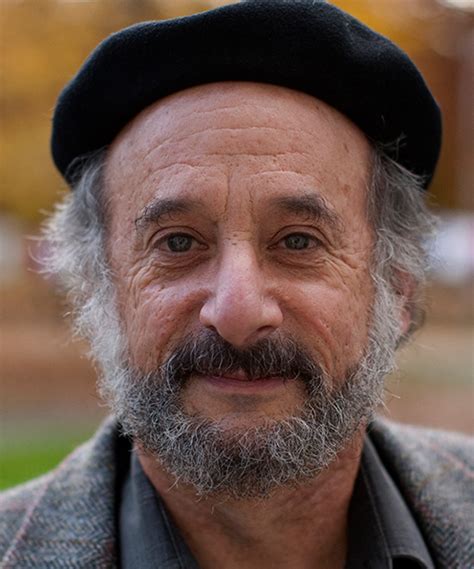A Quote by Robert Kiyosaki
Related Quotes
A problem with school is that you often become what you study. If you study, let say cooking, you become a chef. If you study law, you become an attorney, and a study of auto mechanics makes you mechanics. The mistake in becoming what you study is that, too many people forget to mind their own business. They spend their lives minding someone else's business and making that person rich
Every attempt to reflect upon the Atonement, to study it, to embrace it, to express appreciation for it, however small or feeble it may be, will kindle the fires of faith and work its miracle towards a more Christlike life. It is an inescapable consequence of so doing. We become like those things we habitually love and admire. And thus, as we study Christ’s life and live his teachings, we become more like him.
Some fundamentalists go so far as to reject psychology as a disciplined study, which is unfortunate and polarizing. By definition, psychology is the study of the soul, theology is the study of God. Generally speaking, systematic theology is a study of all the essential doctrines of faith, and that would include the study of our souls (psychology).
In Western dream interpretation, it's often connected to psychotherapy and looking at the personality and what's going on in your life. In Eastern dream telling, many times there's this idea of a special gift. And without this gift, you could study and study, but you'd never really become an effective dream teller.
I moved to Philadelphia to go to school at Eastern partly because I wanted to study the Bible and I also went to study sociology. I like how Karl Barth said we have to read the Bible in one hand and the newspaper in the other so that our faith doesn't just become a ticket into heaven and a license to ignore the world around us.
Since my first discussions of ecological problems with Professor John Day around 1950 and since reading Konrad Lorenz's "King Solomon's Ring," I have become increasingly interested in the study of animals for what they might teach us about man, and the study of man as an animal. I have become increasingly disenchanted with what the thinkers of the so-called Age of Enlightenment tell us about the nature of man, and with what the formal religions and doctrinaire political theorists tell us about the same subject.


































